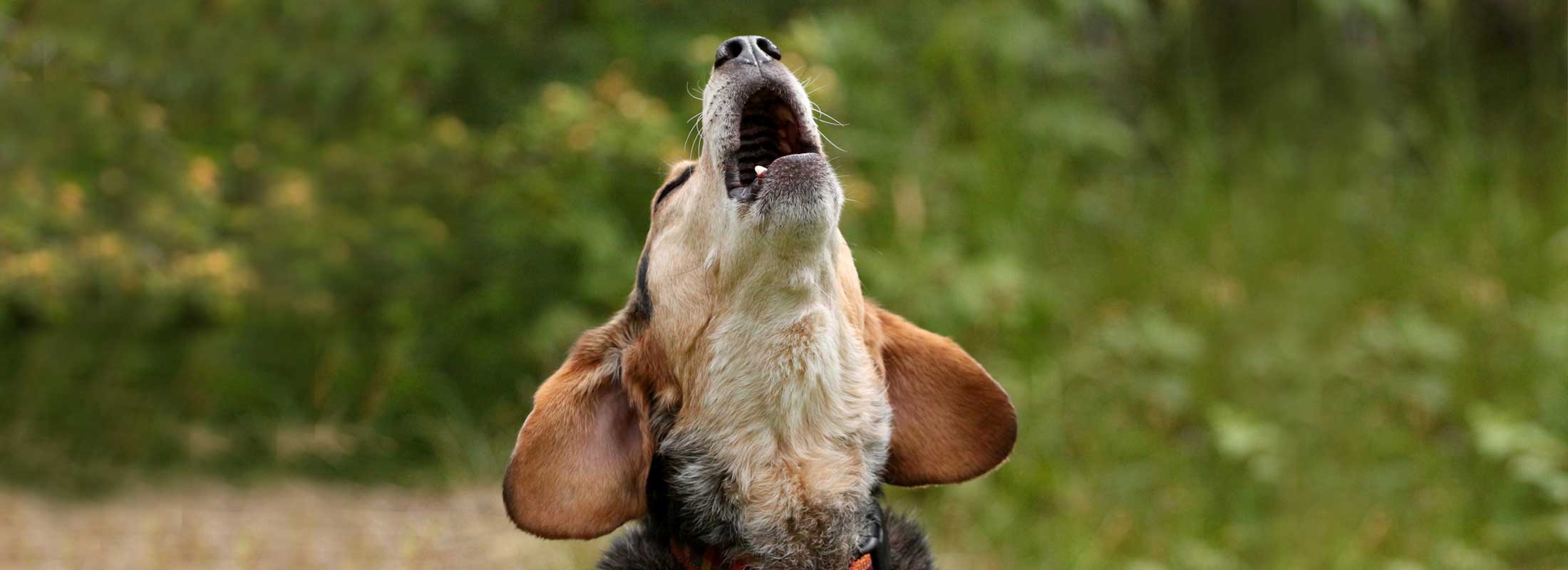
ASK DR. CHIP - DECEMBER EDITION
Want to be featured in next month’s newsletter? Email our very own Dr. Chip at [email protected] and make sure you reference ‘Ask Dr. Chip’ in the subject line.
About Dr. Chip
Dr. Chip Coombs is Pets Plus Us’ Chief Veterinary Officer (CVO), and has practiced veterinary medicine since 1976, initially in the United Kingdom, then in Western Canada and, finally, in Toronto, where he owned a multi-veterinarian practice for 33 years.
Question:
Hi Dr. Chip
We have a puppy for the first time ever and she is 5 months old.
The other day I noticed her breath had a metallic smell about it. She was smacking her lips in a strange way which alerted me to something being wrong. I could not find anything she was chewing or choking on, but sure enough I did see a trace of blood on my finger.
I believe this smell on her breath and the smacking/distress is an indication that she is teething.
Perhaps you could talk about the signs and symptoms to look out for?
Many thanks,
Julie (and baby Hunter!)
Answer:
Hi Julie,
3 months down and a whole lifetime of fun and antics ahead! It won't be long before you'll wonder why it took so long to get a puppy.
As for the teething, you have nothing to worry about. Most puppies lose their immature teeth between the ages of 4-6 months, so Hunter is right on schedule. Other than perhaps seeing a bit of blood on a toy or finding a tooth (most are swallowed), you'll not likely notice any difference in Hunter's behaviour. In fact, most owners don't even realize their dog went through a teething stage. Unlike children who can often have a challenging time with the discomfort, puppies and kittens usually cruise right on through this stage. That said, it is worthwhile ensuring he has lots of chew toys to help alleviate any possible soreness that might exist. If you notice any baby teeth still present in the mouth at 6 to 6 1/2 months, you should bring them to the attention of your veterinarian. Leaving them could affect the alignment of the mature teeth, as well as being a "trap" for food and bacteria in the future. Immature teeth that have erupted but not been shed by this age would normally be removed when a dog is spayed/ neutered.
Enjoy Hunter's youth, for he will be a big kid in no time!
Cheers,
Dr. Chip
Question:
I own several cocker spaniels. Our alpha male leads the group in a deafening howl. They put their heads back and sound like wolves, lol. Why do they do this?
Debbie
Answer:
Hi Debbie,
As you might gather howling, like barking, is a basic form of communication both for dogs and their wolf ancestors. Dogs can howl for a wide variety of reasons; when they're anxious, happy, in pain, or to indicate territory or simply attention seeking amongst other reasons that still evade researchers.
When done in unison, as in your case, it is almost always done at the instigation of the alpha dog (wolf), with the rest of the pack joining in as an innate response. This "follow the leader" response is their main way to communicate to the world at large. They are saying "Hey, we're here!" In the wild this could be a warning to other infringing packs or a homing beacon to pack members that off on their own. In the wild, if a pack makes a kill and everyone knows dinner is at hand, howling is a common outpouring.
Now, if you play a musical instrument, you could condition these guys to howl along and then you could all go on tour!
Cheers,
Dr. Chip
